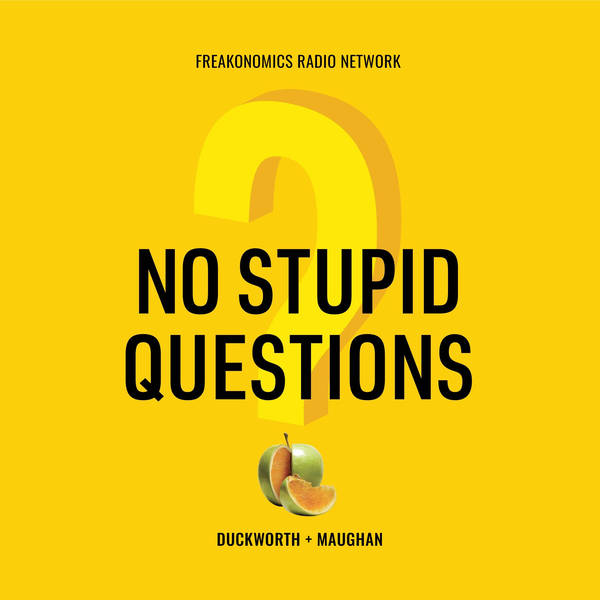
Is It Weird for Adults to Have Imaginary Friends? (Replay)
Why does listening to No Stupid Questions feel like you’re hanging out with your best friends? Why did the whole world take it personally when Princess Diana died? And how do “parasocial relationships” affect your mental health?
SOURCES:Bradley Bond, professor of communication studies at the University of San Diego.John Cacioppo, professor of psychology at the University of Chicago.Joe Cobbs, professor of marketing at Northern Kentucky University.Nick Epley, professor of behavioral science at the University of Chicago.Katy Milkman, professor of operations, information, and decisions at the University of Pennsylvania.Emily Oster, professor of economics at Brown University.Anuj Shah, professor of behavioral science at the University of Chicago.
RESOURCES:"Knowledge About Others Reduces One’s Own Sense of Anonymity," by Anuj K. Shah and Michael LaForest (Nature, 2022)."Tragic but True: How Podcasters Replaced Our Real Friends," by Rachel Aroesti (The Guardian, 2021)."The Development and Influence of Parasocial Relationships With Television Characters: A Longitudinal Experimental Test of Prejudice Reduction Through Parasocial Contact," by Bradley J. Bond (Communication Research, 2020)."A Mind like Mine: The Exceptionally Ordinary Underpinnings of Anthropomorphism," by Nicholas Epley (Journal of the Association for Consumer Research, 2018)."Grit: The Power of Passion and Perseverance," by Angela Duckworth (TED, 2013)."How Soap Operas Changed the World," by Stephanie Hegarty (BBC, 2012)."The Power of TV: Cable Television and Women's Status in India," by Robert Jensen and Emily Oster (The Quarterly Journal of Economics, 2009).
EXTRAS:"Can A.I. Companions Replace Human Connection?" by No Stupid Questions (2024)."Rivalry," by Tell Me Something I Don't Know (2017).Behavior Change for Good Initiative.Everything Is Alive.The Know Rivalry Project.
